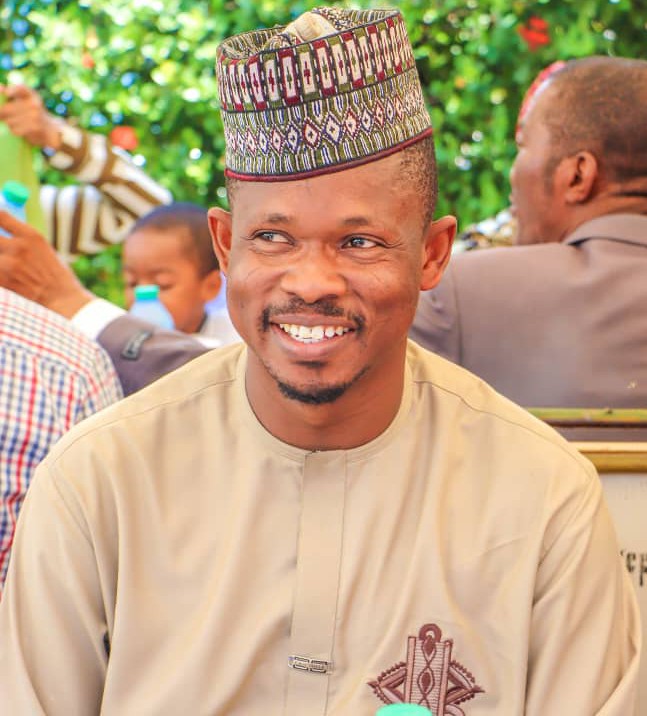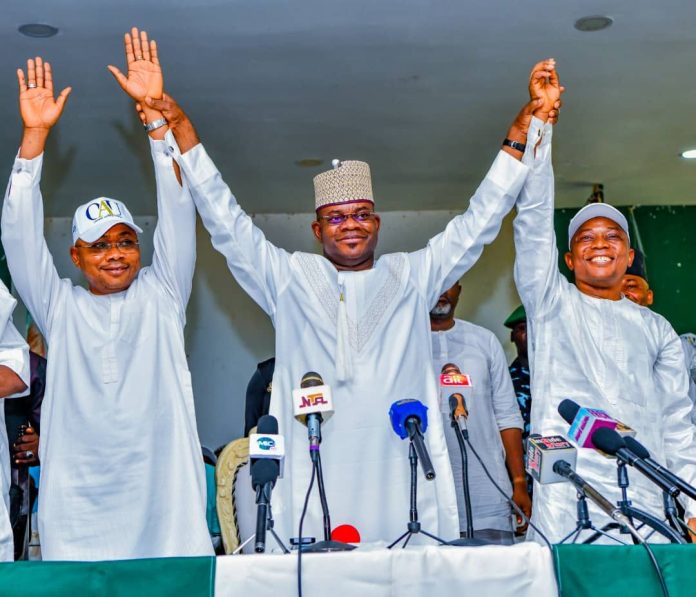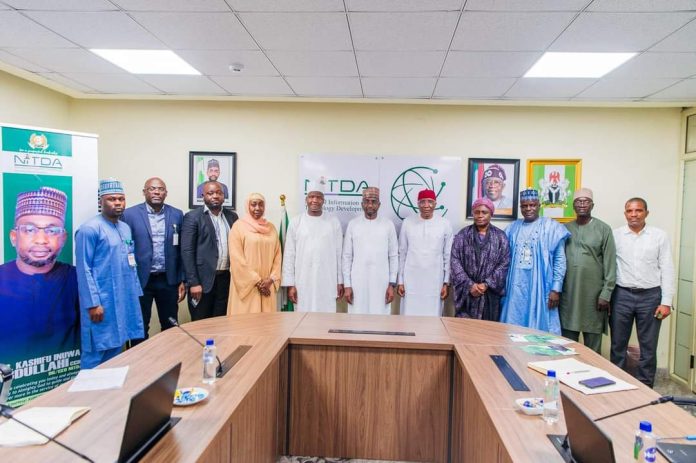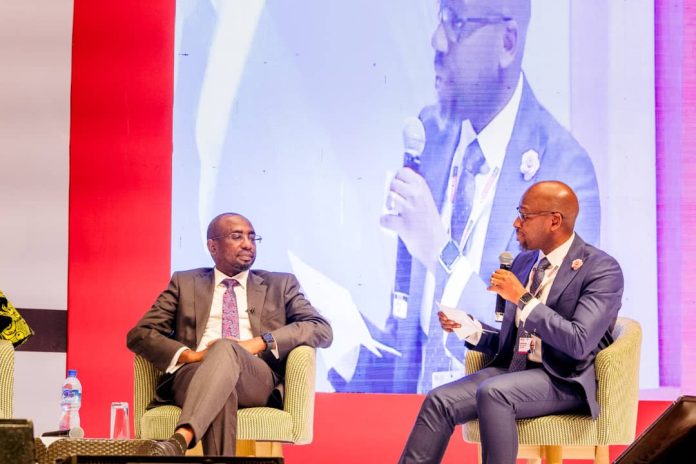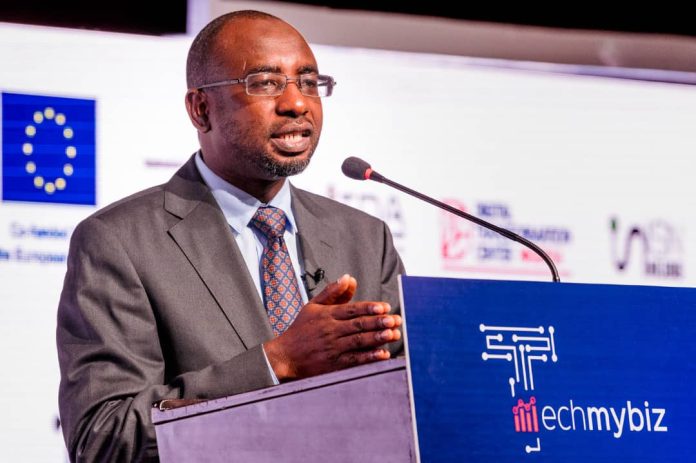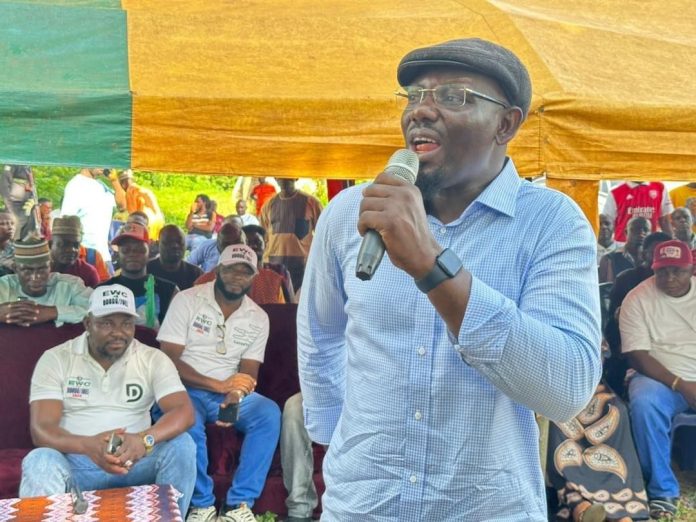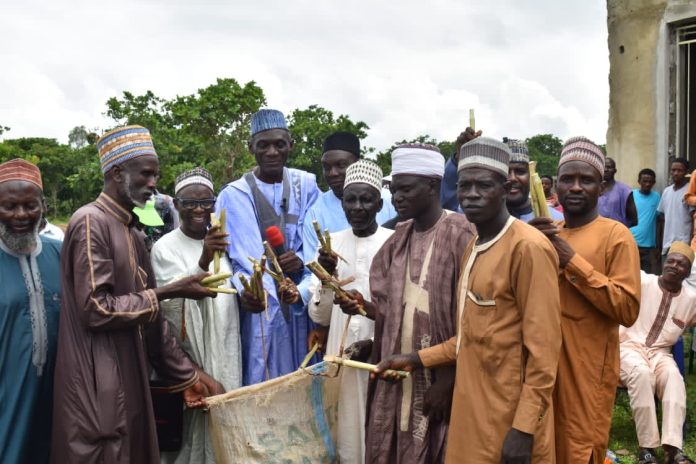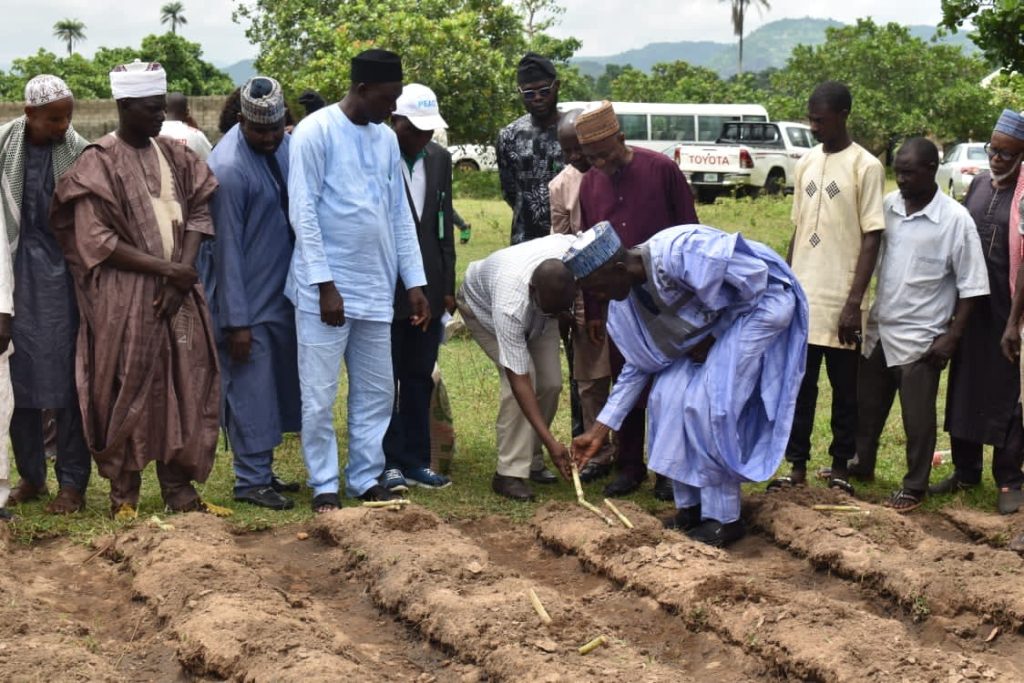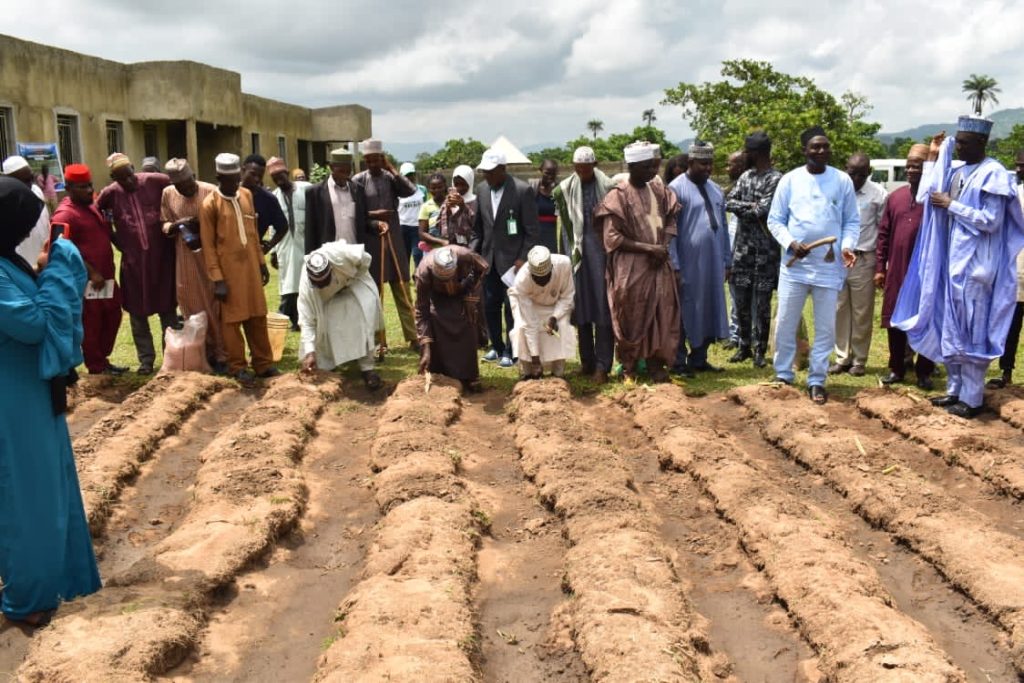The Director-General, National Information Technology Development Agency (NITDA), KashifuInuwa CCIE, reassured stakeholders that the agency’s regulations are not intended to stifle innovation but rather to foster growth and development in the digital space.
Inuwa made this remark during a Panel Discussion at the Business Day CEO Forum 2023 on ‘Charting a Course to Growth and Development’ which took place at Eko Hotels and Suites, Victoria Island, Lagos State.
The DG said that, NITDA’s regulations are designed to promote innovation by creating a level playing field for all players in the digital ecosystem, adding that the agency is committed to working with stakeholders to ensure that the regulations are implemented in a way that does not stifle innovation.
He said, NITDA as a regulator, is aware of the environment, technologies, and innovations by being intelligent in the way it regulates not stifle innovation, but rather to create a market for businesses to grow.
Inuwa acknowledged that while regulation is necessary, it should not impede the progress of innovation and hinder the growth of Startups and technology-driven businesses, as they strive to strike a delicate balance between enabling innovation and safeguarding the interests of consumers, investors, and the general public.
He noted that NITDA’s framework takes into account both rule-based and non-rule-based regulations, which according to him, the latter approach is favoured by the government, as it allows for collaboration with industry stakeholders to develop the sector and formulate recommendations for compliance.
He opined that there is need for flexibility in regulations, acknowledging that policies may need to be withdrawn and substituted if they are not effective in supporting the ecosystem.
“At NITDA, any intervention is designed to influence business, social and market behaviour, and we have four objectives for any regulatory instrument we are issuing” Firstly, it must create a market or domesticate access to products and services; Secondly, it must protect consumers; thirdly, it must enable innovation; and fourthly how it can improve service delivery.
“The Agency has in place diverse regulations and Policies like the Blockchain Policy, Artificial Intelligence Policy and the Nigeria Data Protection Regulation (NDPR), though NDPR has evolved into a full law and now a Commission was establishedand is in charge of data regulation, which our regulatory role gave birth to,” he said.
While quoting the Korn Ferry report, the DG said by 2030, there will be a global human talent shortage of more than 85 million people, or roughly equivalent to the population resulting in 8.5 trillion USD unrealised annual revenues.
“As we are moving towards digitisation, talent and knowledge-based economy, a company is as good as its next product and the next product is as good as the people who make it. We need to learn how to attract, retain and harness talent. Talent is the human component and a huge market for the advancement of the country.
The DG added that Nigeria with her young population, can seize the opportunity and position herself to become the global talent factory because she has proven that in sports, music and film industry.
Inuwa said the same can be done in technology and data, particularly cybersecurity, because cybercrime is the biggest venture in the world today according to Cybersecurity Ventures Magazine, which reported that cybercrime will cost the world about 8.1 trillion USD, which is bigger than all crimes combined. “So, as you digitise, cybersecurity is pivotal, you need to look into your cyber hygiene, build confidence and trust for your users” he added.
The DG stated that NITDA is working towards establishing Public Key Infrastructure (PKI) which is aimed at helping to build trust and confidence for all its digital services, bringing about growth and development thus attracting Foreign Direct Investments (FDI).
The event was honoured with the presence of the Chairman of the African Development Bank (ADB), Dr Akinwumi Adesina, Governor of Edo State, MrGodwin Obaseki, Governor of Jigawa State, Alh. Umar Namadi, CEO of MTN Group, Mr Ralph Mupika, Chairman, Shell Companies Nigeria, MrOsagie Okunbor and many other dignitaries.




